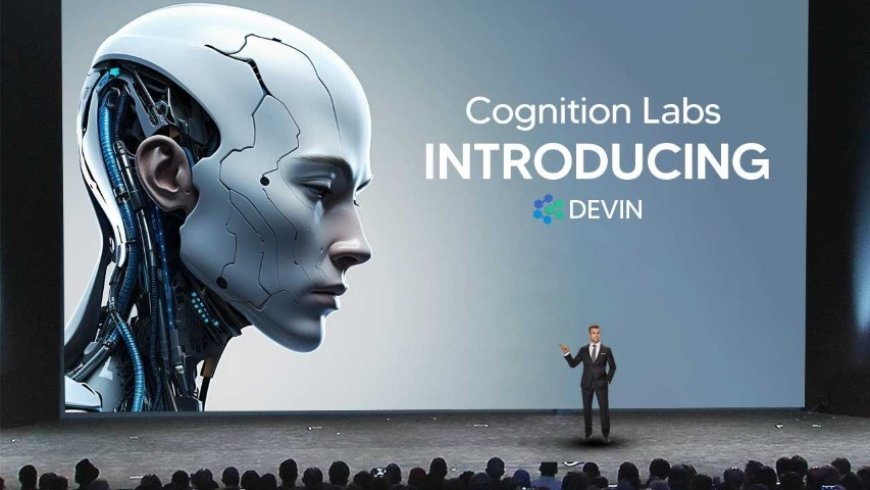Is Devin AI Going To Take Over Software Engineers & Coders Job?
Scary isn't it?

The recent emergence of Devin, touted as the world's first AI software engineer, has sparked a frenzy of discussions about the future of software engineering jobs. Reports herald Devin's capabilities to code entire projects, snag freelancing gigs on platforms like Upwork, resolve GitHub issues, and autonomously deploy code. Amidst the sensational headlines declaring the demise of software engineering careers, many newcomers and even seasoned professionals are understandably anxious. However, as someone who has navigated the tech industry for two decades, I believe there are solid reasons not to hit the panic button just yet. Let's delve into five key reasons why we should maintain a sense of calm and confidence.
Firstly, it's crucial to recognize that companies developing AI tools like Devin are in the business of marketing. They showcase the most impressive demos and highlight the coolest features to capture attention and secure investments. However, like any product, there are often hidden limitations that only surface once the tool is put into practical use. While Devin may have demonstrated prowess in handling Upwork jobs, the complexity and nuances of real-world software development tasks remain a mystery. These demos are designed to dazzle and attract, but they don't necessarily reflect the full scope of challenges AI tools face.
Moreover, even if Devin proves to be a coding prodigy, it's unlikely that reputable companies will entrust sensitive codebases to AI without human oversight. The risks of automated code deployment without human review are immense and could lead to catastrophic errors. Human software engineers play a crucial role in scrutinizing AI-generated code, ensuring quality, security, and functionality—a task that AI alone cannot handle flawlessly.
Another aspect to consider is the phenomenon of AI hallucination, where AI can produce code that appears impressive but lacks genuine problem-solving capabilities. Human expertise is still paramount in deciphering complex problems, understanding user needs, and devising holistic solutions that go beyond mere code generation. Software engineering encompasses a multitude of skills beyond coding, including communication, collaboration, critical thinking, and empathy—areas where AI falls short.
Despite advancements in AI-driven code generation, the essence of software development extends far beyond typing lines of code. It involves strategic planning, creative problem-solving, user experience design, legacy system integration, client interactions, and team collaboration—areas where human ingenuity shines brightest. While AI tools like GitHub Copilot enhance productivity by automating repetitive tasks, they complement human developers rather than replace them.
Reflecting on the evolution of coding tools—from the barebones text editors of yesteryears to modern AI-powered assistants like GitHub Copilot—we witness a trajectory where technology aids in streamlining mundane tasks, allowing humans to focus on higher-order thinking and innovation. The trend is clear: less time on mechanical typing, more time on strategic decision-making and creativity. AI is a tool, not a replacement, and its impact on the job market will be part of a broader societal shift affecting various industries.
The rise of AI in software engineering should be viewed as an evolution rather than a threat. Embrace the advancements, leverage AI tools to enhance productivity, but never underestimate the irreplaceable value of human expertise, creativity, and problem-solving skills in shaping the future of technology. As we navigate this ever-changing landscape, continuous learning, adaptability, and a focus on holistic skills will ensure that software engineers not only survive but thrive in the age of AI.







